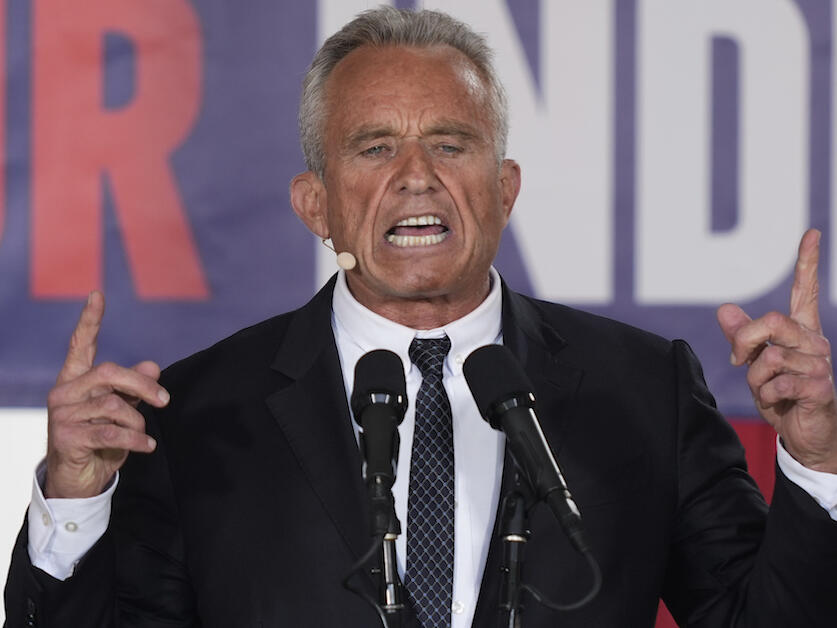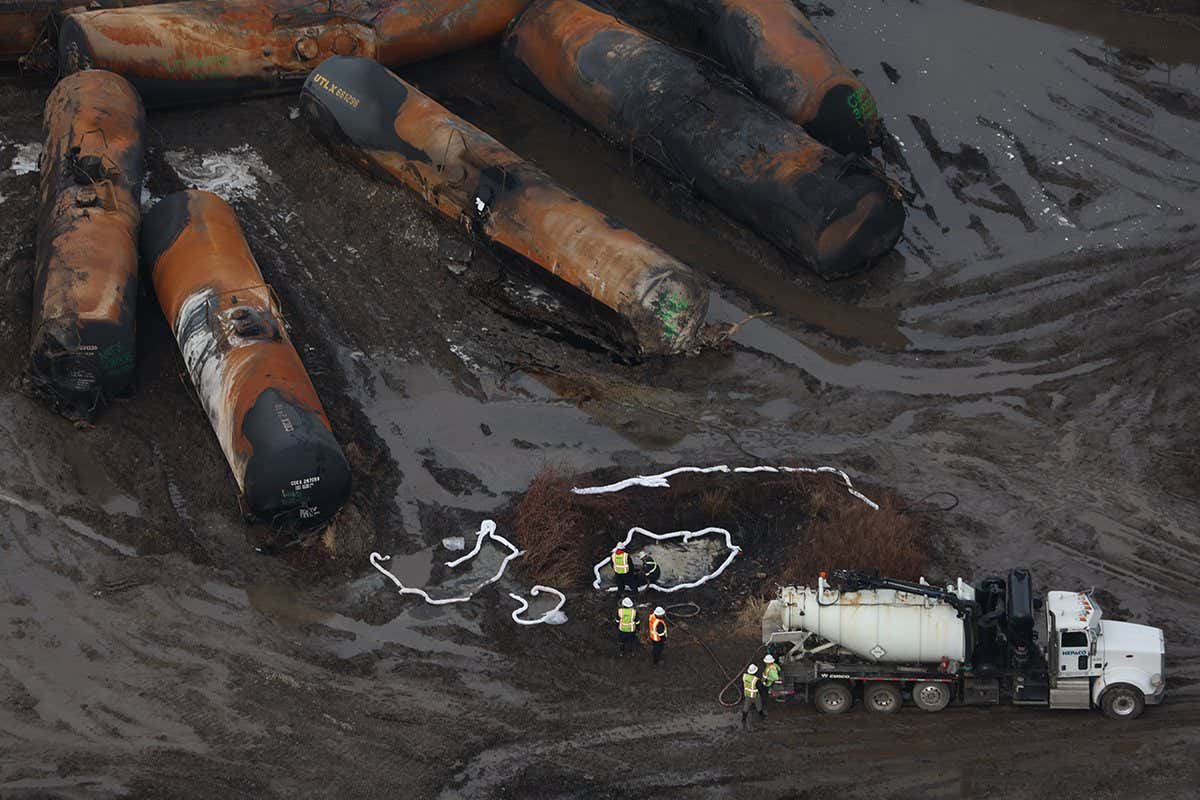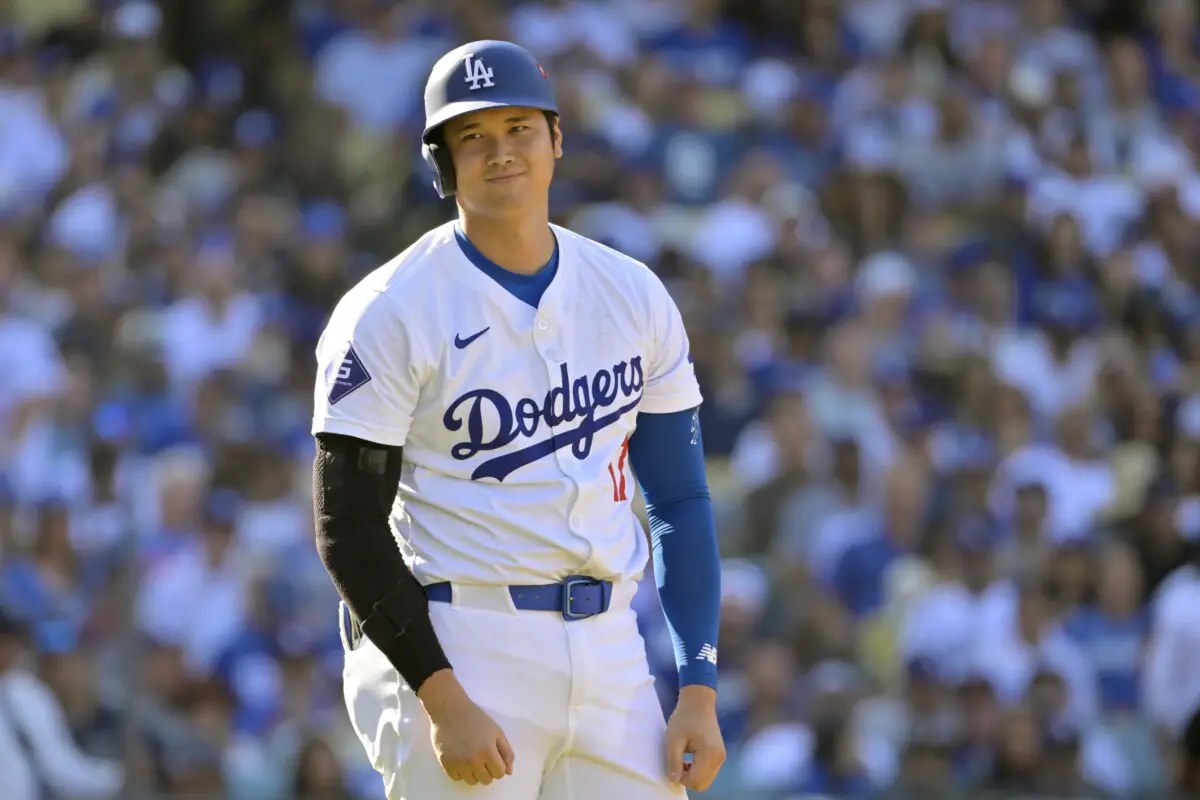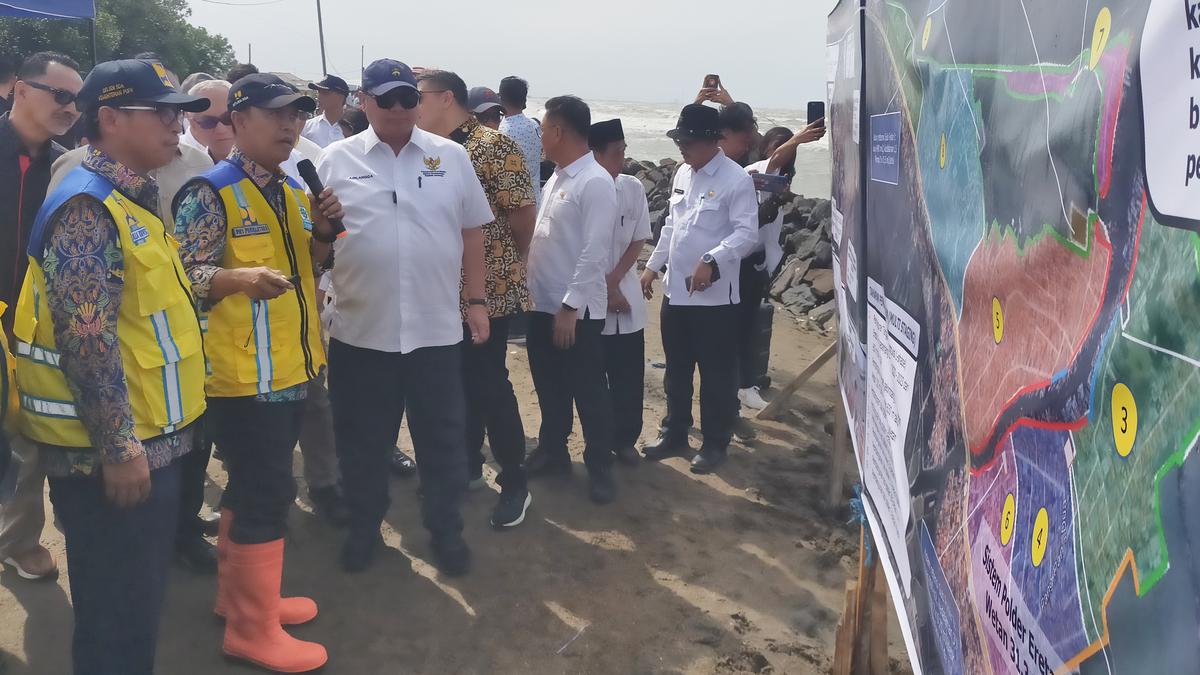Trump Officials Push Back Against RFK Jr.'s Pesticide Criticism

Table of Contents
RFK Jr.'s Core Arguments Against Pesticide Use
RFK Jr.'s pesticide claims center on the alleged dangers of widespread pesticide use. His arguments highlight potential links between pesticide exposure and various health problems, critiquing current regulatory processes as insufficient and influenced by industry interests.
- Alleged Health Risks: Kennedy highlights studies suggesting links between pesticide exposure and an increased risk of cancer, developmental disorders in children, and neurological problems. He specifically points to the impact of long-term, low-level exposure, arguing that the cumulative effects are often overlooked.
- Critique of the EPA: A central tenet of RFK Jr.'s argument is his criticism of the Environmental Protection Agency (EPA)'s regulatory process. He alleges that the EPA is unduly influenced by the pesticide industry, leading to lax regulations and insufficient protection for public health and the environment.
- Focus on Specific Pesticides: His criticism particularly targets glyphosate (the active ingredient in Roundup) and neonicotinoids, emphasizing their potential harm to bees and other pollinators, vital for ecosystem health and agricultural productivity. He advocates for a ban or stricter regulation of these widely used pesticides.
- Advocacy for Organic Farming: Kennedy strongly promotes a shift towards organic farming practices, arguing that they provide a more sustainable and environmentally friendly alternative to conventional agriculture reliant on synthetic pesticides.
Trump Officials' Counterarguments and Defense of Current Regulations
Trump administration officials have consistently defended the current pesticide regulatory framework, emphasizing the EPA's role and the economic importance of pesticide use in agriculture.
- EPA's Rigorous Safety Assessments: Officials highlight the EPA's extensive review process for pesticide approvals, which involves rigorous scientific assessments of potential health and environmental risks. They argue that this process ensures that only pesticides deemed safe are permitted for use.
- Scientific Studies Supporting Pesticide Safety: Counterarguments often cite numerous scientific studies that challenge or refute some of RFK Jr.'s claims about the severity of pesticide risks. They emphasize the importance of considering the weight of scientific evidence and the complexities of establishing causal links between pesticide exposure and health outcomes.
- Economic Importance of Pesticides: Trump administration officials often point to the economic importance of the agricultural sector and the role of pesticides in ensuring food security and affordability. They argue that overly restrictive regulations could have significant negative impacts on food production and the economy.
- Unintended Consequences of Stricter Regulations: Concerns are raised about potential unintended consequences of drastically reducing pesticide use, such as increased crop losses, higher food prices, and the potential for the resurgence of crop pests and diseases.
The Role of the EPA in the Debate
The EPA's role is central to this debate. Its responsibility for evaluating the safety and efficacy of pesticides is crucial, and its processes are subject to intense scrutiny from both sides.
- Pesticide Approval Process: The EPA's pesticide approval process involves a multi-stage review of scientific data submitted by pesticide manufacturers. This includes assessing potential risks to human health, the environment, and non-target organisms.
- Transparency and Accountability: The transparency and accountability of the EPA's decisions are frequently debated. Critics question the influence of industry lobbying and the adequacy of public participation in the regulatory process.
- Scientific Review and Data Interpretation: Differing interpretations of scientific data lie at the heart of the controversy. Both sides claim to rely on science, but disputes arise over data selection, methodology, and the weight assigned to different studies.
The Political Implications of the Pesticide Debate
The pesticide debate is far from a purely scientific discussion; it's deeply entwined with political ideology and partisan divides.
- Political Polarization: The issue has become highly politicized, with strong opinions held on both sides of the political spectrum. This polarization makes finding common ground difficult and hampers effective policymaking.
- Influence of Lobbying Groups: The influence of lobbying groups representing agricultural interests and environmental organizations plays a significant role in shaping the debate and influencing policy outcomes.
- Public Opinion and Media Coverage: Public opinion on pesticide use is shaped by media coverage, which can often be biased or simplified. This contributes to the complexity of the issue and the difficulty of reaching a consensus.
- Future Pesticide Regulation: The future direction of pesticide regulation in the US remains uncertain. Ongoing scientific research, evolving public opinion, and political pressure will all play a role in determining future policies.
Conclusion
The clash between Robert F. Kennedy Jr.'s concerns about pesticide use and the Trump administration's defense of current regulations highlights a complex and deeply divisive issue. Both sides present evidence to support their claims, but the underlying scientific uncertainties and the political context make finding common ground challenging. Understanding the intricacies of this debate—involving pesticide criticism, pesticide regulation, and the roles of Trump officials and RFK Jr.—is crucial for informed engagement in shaping future environmental policy. Continue researching and engaging in the conversation around responsible pesticide use and pesticide safety.

Featured Posts
-
 Dodgers Muncy Torpedo Bat Test Ends In Game Tying Hit
May 16, 2025
Dodgers Muncy Torpedo Bat Test Ends In Game Tying Hit
May 16, 2025 -
 Lingering Effects Toxic Chemicals From Ohio Train Derailment Remain In Buildings
May 16, 2025
Lingering Effects Toxic Chemicals From Ohio Train Derailment Remain In Buildings
May 16, 2025 -
 Dodgers Call Up Hyeseong Kim From Kbo Official Reports
May 16, 2025
Dodgers Call Up Hyeseong Kim From Kbo Official Reports
May 16, 2025 -
 Perkembangan Proyek Giant Sea Wall Menurut Menko Ahy
May 16, 2025
Perkembangan Proyek Giant Sea Wall Menurut Menko Ahy
May 16, 2025 -
 Everton Vina 0 0 Coquimbo Unido Resumen Completo Del Encuentro
May 16, 2025
Everton Vina 0 0 Coquimbo Unido Resumen Completo Del Encuentro
May 16, 2025
